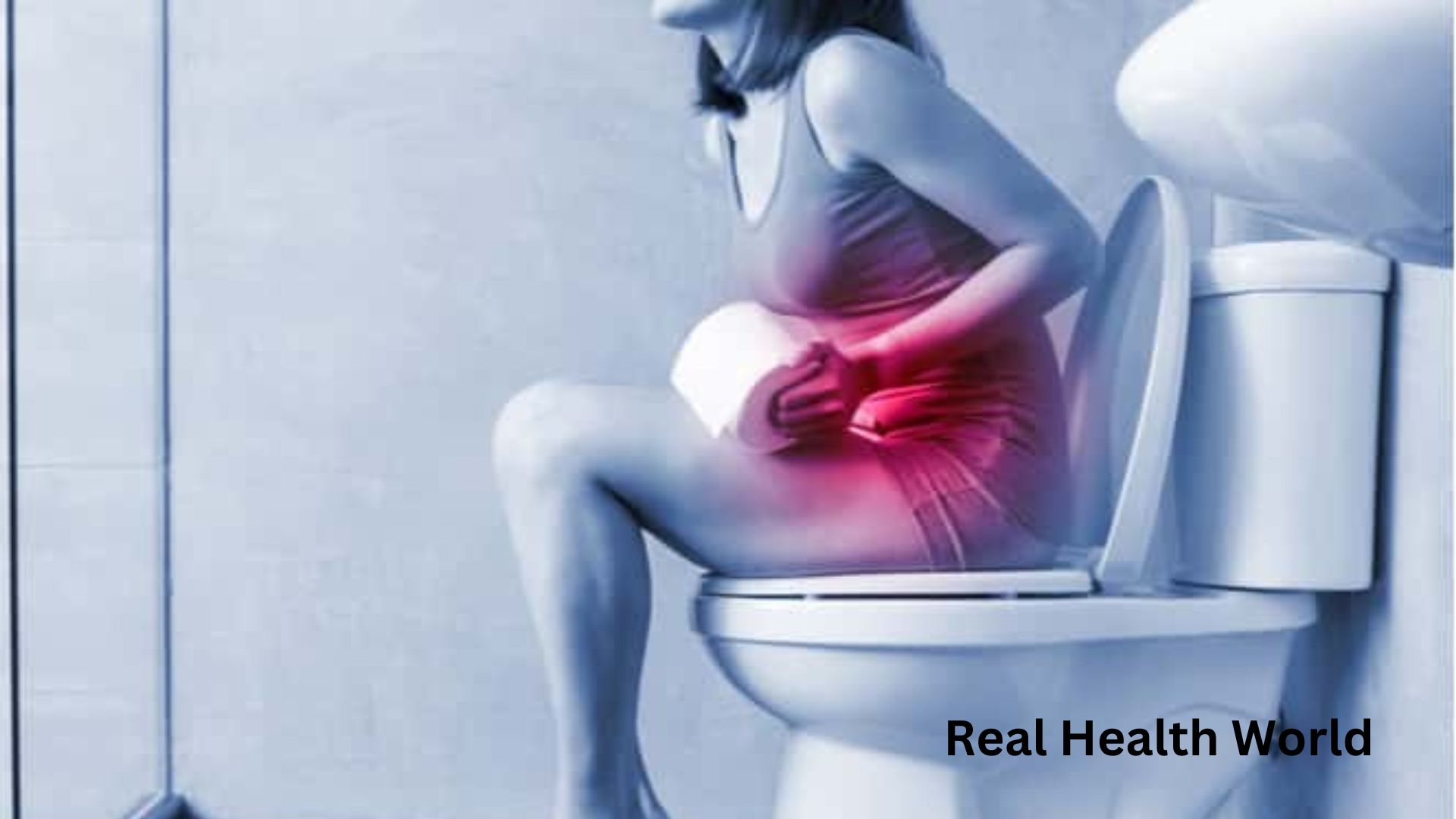Hello, Anal fissure is one of the complex diseases of the anus. Fissure means a sore or tear in the anus. It is of two types. In acute fissures, the patient has rectal pain. Chronic fissure pain varies. It can happen at any age.
Colon and rectal surgery specialist Prof. Dr. Eden Multiacre Hospital details the symptoms and actions of anal fissure in the anus. AKM Fazlul Hoque.
Symptoms
Symptoms include pain and bleeding. This type of pain usually occurs immediately after a bowel movement and lasts from a few minutes to a few hours. A type of disease called ‘proctalgia fugax’ also causes pain in the anus, but the pain is not associated with defecation. Clotted piles are also painful, but then the patient complains of a wheel in the anus.
Bleeding is usually minimal in this disease. Some may bleed excessively. Patients with chronic anal fissures report slightly different symptoms. He complains that extra lumps in the anus, discharge of pus, itching all happened together. Bleeding may or may not be present in this case.
The pain is usually not severe or often absent. Fischer’s patients often suffer from urinary problems and women sometimes experience pain during intercourse; Although the patient realizes that this is due to constipation, when the pain starts, the patient is afraid to go to the toilet and does not want to respond to the pain when the bowel movement occurs.
Prevention: Constipation should be avoided and bowel movements should not be strained. Frequent bowel movements should be avoided and diarrhea should be treated promptly.
Treatment: Acute fissures are more likely to heal without surgery if treatment is started soon after onset. Pain relievers may be used. Taking a siege bath is beneficial. Its rule is to immerse half a pot of salt in lukewarm water for 10 minutes. The use of local anesthetic ointments is beneficial.
If it does not heal completely and if the disease continues for a long time, the chances of recovery without surgery decrease.
Surgical treatment: Most surgeons are against it because of the side effects of the procedure in enlarging the muscles of the anus (anal dilatation).
Rectal sphincter operation: This operation involves a delicate operation on the internal rectal sphincter muscle. No need to faint.
How do I know where my fissure is?
Diagnosis and tests
The physical examination usually involves gently separating the buttocks to allow a doctor to see the area around the anus. Most fissures appear in the 12 or 6 o’clock position. Those in other locations are likely to be associated with an underlying disorder, such as Crohn’s disease.
How long do anal fissure symptoms last?
An acute anal fissure typically heals within 6 weeks with conservative treatment. Some disappear when constipation is treated. Anal fissures that last for 6 weeks or more are called chronic anal fissures.
Where do you feel fissure pain?
Some fissures can be minimally symptomatic, but most patients present with severe pain, bleeding, or itching. The pain can be localized to the anus but can radiate to the buttocks, upper posterior thighs, or lower back. Often the pain is triggered by a bowel movement, can last for hours, and can be severe.
How do you get anal fissures to go away?
Anal fissures often heal within a few weeks if you take steps to keep your stool soft, such as increasing your intake of fiber and fluids. Soaking in warm water for 10 to 20 minutes several times a day, especially after bowel movements, can help relax the sphincter and promote healing.
What is the main cause of fissure?
Anal fissures are most commonly caused by damage to the lining of the anus or anal canal, the last part of the large intestine. Most cases occur in people who have constipation, when a particularly hard or large poo tears the lining of the anal canal. Other possible causes of anal fissures include: persistent diarrheic.
Are anal fissures common?
Anal fissures are very common in young infants but can affect people of any age. Most anal fissures get better with simple treatments, such as increased fiber intake or sits baths. Some people with anal fissures may need medication or, occasionally, surgery.
Read more from Real Health World
